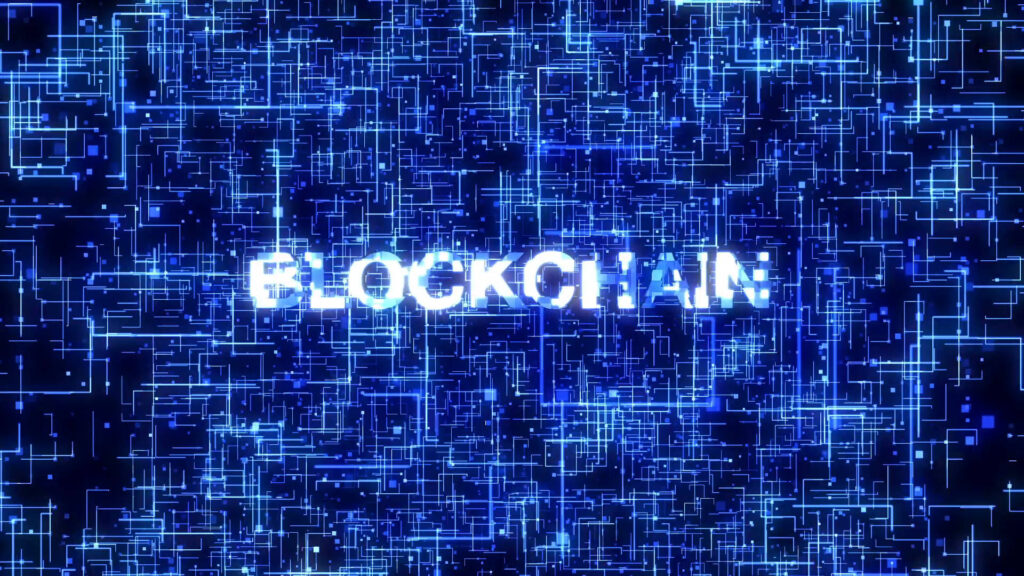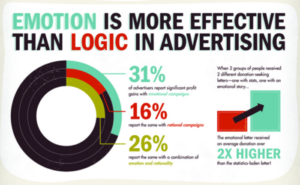So far I have seen that blockchain has arisen as a trans-formative force. Originally blockchain is conceived as the centre for cryptocurrencies like Bitcoin. This technology has changed since exceeding its initial purpose, proving its worth across a multitude of sectors. Its ability to secure, transparent, and amazing transactions has made it the best choice in finance, supply chain management, healthcare, and beyond.
On the other hand, one of the most promising and impactful applications of blockchain is its ability to change the non-profit and humanitarian sectors. These areas usually come with issues of transparency, inefficiency, and trust. One of the different characteristics of blockchain addresses these challenges head-on. It is giving new ways to improve accountability, reduce costs, and extend services to those who need them most. We see that it makes sure that donations are used as intended to give secure identities for displaced persons. And that’s not just it blockchain holds the promise of a brighter and equitable future.
Understanding Blockchain
Before going deeper into its applications, it is very important to understand what blockchain technology is and why it is changing the way we see it!;
Explanation of Blockchain Technology
Blockchain is a distributed path technology. Unlike traditional databases, which are centralized and controlled by a single corporation. a blockchain is maintained on a network of computers, known as nodes. You must keep in mind that Each node has a copy of the entire ledger, which is continuously updated and validated through consensus mechanisms.
Distributed Ledger
Here we need to know what the distributed ledger is. The distributed nature of blockchain means that no single party has control over the total database. This Decentralization security and resilience, as the ledger exists in multiple locations, making it less vulnerable to attacks or failures.
Transparency and Immutability
Blockchain’s transparency makes sure that all transactions are prominent to participants in the network.It also helps in building trust among stakeholders. It is important to know that Once a transaction is recorded, it cannot be changes or deleted, which is what we refer to as immutability. This feature guarantees that the data is accurate as well as tamper-proof.
Security Features
Blockchain uses up-to-date cryptographic techniques to secure data. We know that Each block in the chain contains a cryptographic hash of the previous block, a timestamp, and transaction data. These cryptographic links make it nearly impossible to change past transactions without being detected. hence it helps in providing a high level of security against fraud and tampering.
How Blockchain Differs from Traditional Databases
We will look closely into how Traditional databases are typically centralized and need a trusted third party to manage and validate transactions. Know that This centralization can be a point of failure and a target for attacks. Hence blockchain’s decentralized and cryptographic nature decreases the need for intermediaries. It also helps reduce the risk of single points of failure and enhances overall security and trust.
Benefits of Blockchain for Non-Profits and Humanitarian Efforts
Blockchain’s inherent features can benefit non-profits and humanitarian organizations. It is also addressing some of the most pressing challenges they face.
Transparency and Trust
One of the biggest blocks or hurdles we see for non-profits is guaranteeing that donations reach their intended recipients. With the help of blockchain, every donation can be tracked in quick time from the donor to the beneficiary. This level of transparency builds trust among donors, who can see exactly how their contributions are being used.
Efficiency and Cost Reduction
Administrative overheads can consume a prominent portion of donations in traditional non-profit organizations. Blockchain can help in smooth processes with the help of automating tasks.it also decreases the need for intermediaries and cuts administrative costs. This efficiency means more funds can go directly to those in need.
Enhanced Security
Non-profits usually handle sensitive data like personal donor information and details about beneficiaries. Blockchain’s outstanding security measures protect this data from breaches and unauthorized access. Also, its rigid nature prevents fraud and corruption as well as ensuring that resources are used as intended.
Inclusivity and Accessibility
Blockchain can give financial services to unbanked populations, facilitating greater inclusion. When you jae blockchain technology know that non-profits can give microfinance services.it helps people in underserved regions to participate in the global economy. This inclusivity can make huge social change, lifting communities out of poverty.
Key Applications of Blockchain in Non-Profit and Humanitarian Sectors
As we know that Blockchain’s different features open up many applications in the non-profit and humanitarian sectors. each predicts specific challenges and improving overall effectiveness.
Donation Tracking
Blockchain can guarantee that donations are used rightly. For example, the UNICEF Innovation Fund accepts cryptocurrency donations and tracks their use, giving complete transparency to donors. This approach reassures donors that their money is making a real impact.
Supply Chain Management
In crisis zones, we should be aware that the integrity of supply chains is important. Blockchain can track the movement of goods, making sure that aid reaches the right people. Let’s take the example of the World Food Programme’s Building Blocks project. It uses blockchain to track food distribution as well as decrease fraud and improve efficiency.
Identity Verification
It is a matter of fact that Millions of refugees and displaced persons lack formal identification. It is a big hurdle in their access to services. Blockchain-based identity projects, like ID2020, give secure digital identities, helping to access important services and aiding in their resettlement.
Smart Contracts
It is a matter of fact that Smart contracts are self-executing contracts with the terms directly written into code. They can automate agreements and guarantee compliance, which is particularly useful in humanitarian aid delivery. let’s take an example, smart contracts can guarantee that funds are released only when specific conditions are met. This decreases the risk of mismanagement.
Microfinance and Financial Inclusion
Blockchain can change microfinance by giving secure and transparent platforms for lending. Projects like Moeda use blockchain to give microloans to entrepreneurs in developing countries as well as build economic growth and financial inclusion.
Conclusion
We have concluded that key significance of the blockchain cannot be overstated when it comes to non-profit and humanitarian organizations. Only its principles of overt structure, fast data processing, protection of information, and integrated accessibility can solve some of the main issues that both sectors encounter. Beginning with certifying that donations are going towards the cause or project for which it was donated to, other uses of blockchain include providing proper identification for individuals who have been displaced; thereby proving the fact that this technology holds the capability of making the system of distribution of relief and service more just and efficient.
But to achieve such advantages, organizations have to overcome the high threshold and challenges such as technicalities, legal restraints, and scaling issues besides the need for awareness and advocacy. Overcoming these concerns will provide non-profit organisations and humanitarian organisations with a distinctive opportunity to positively effect change and healing for communities through the use of blockchain.
In the closing when we are Looking at the future of this proactive technology in non-profit and humanitarian sectors, as the technology grows and develops further, it is expected to thrive. This fundamental shift has the potential to open a new age where business operations are far more accessible and friendly tomorrow.



